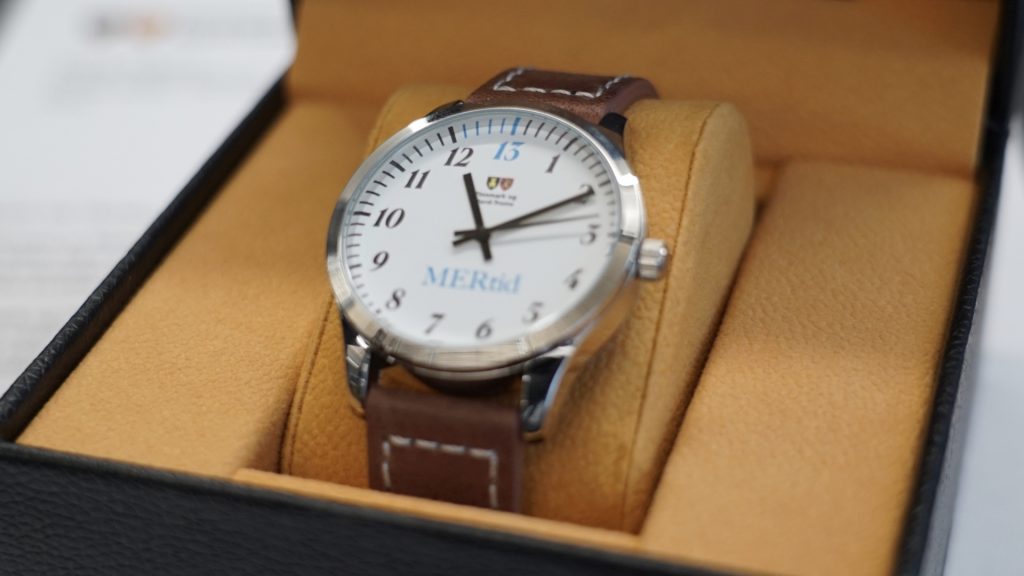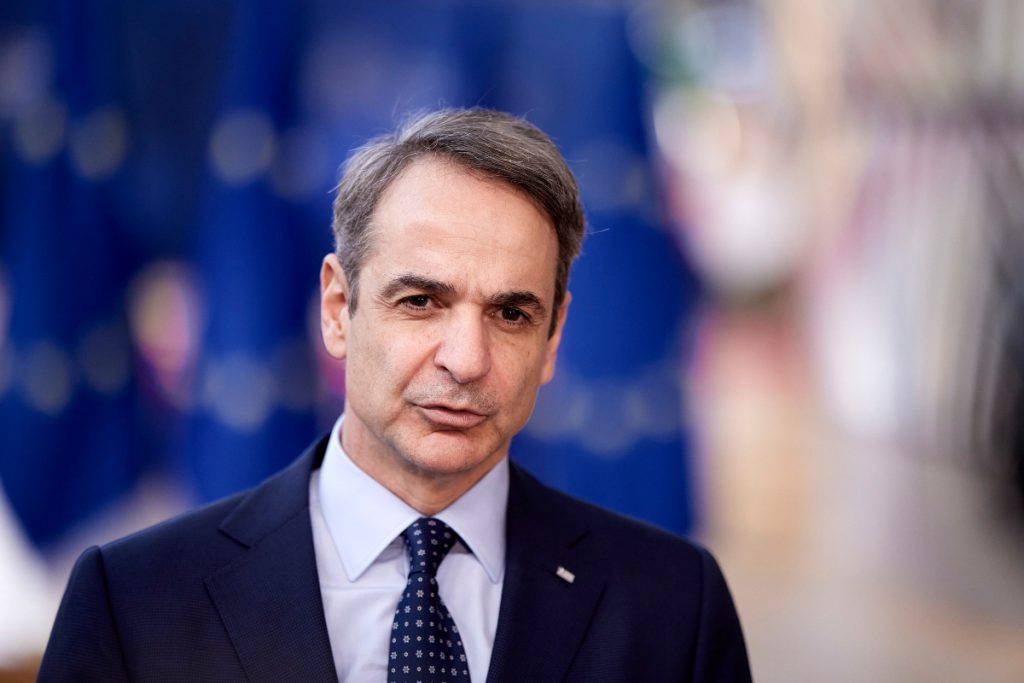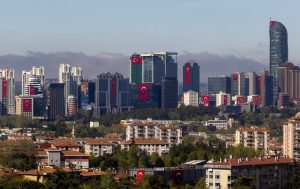The northern tip of Norway, situated on the edge of the Barents Sea and the border of Russia, has requested the EU Commission for permission to establish a separate time zone that accommodates the local lifestyle and values of the people living in the uppermost northern part of the country.
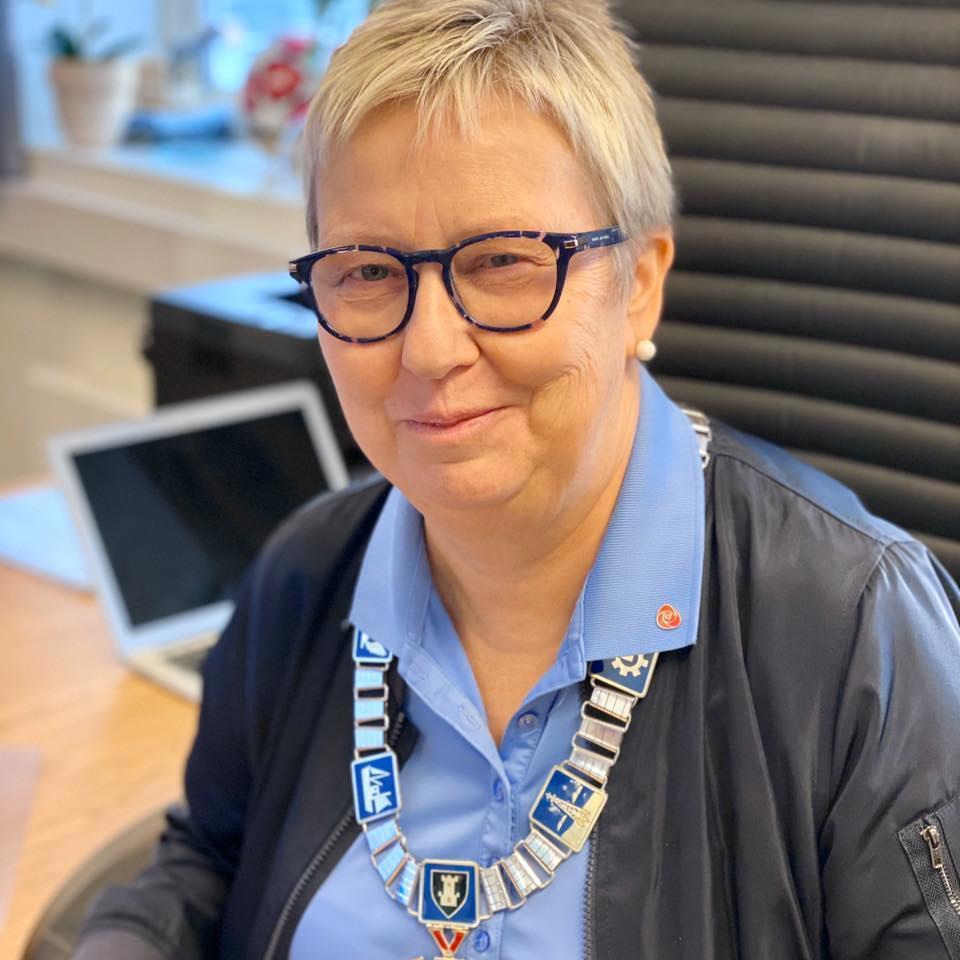
The request is put forward by Wenche Pedersen, the Mayor of The Municipality of Vadsø and Chairman of the board of Øst-Finnmarksrådet.
This Region, known as “the Action Zone,” is requesting a new directive from the European Commission that instructs Norwegian authorities to approve the creation of a time zone where the day contains 26 hours instead of the customary 24. The region’s “MOREtime” project aims to celebrate and promote the unique way of life found in this remote outpost of Europe.
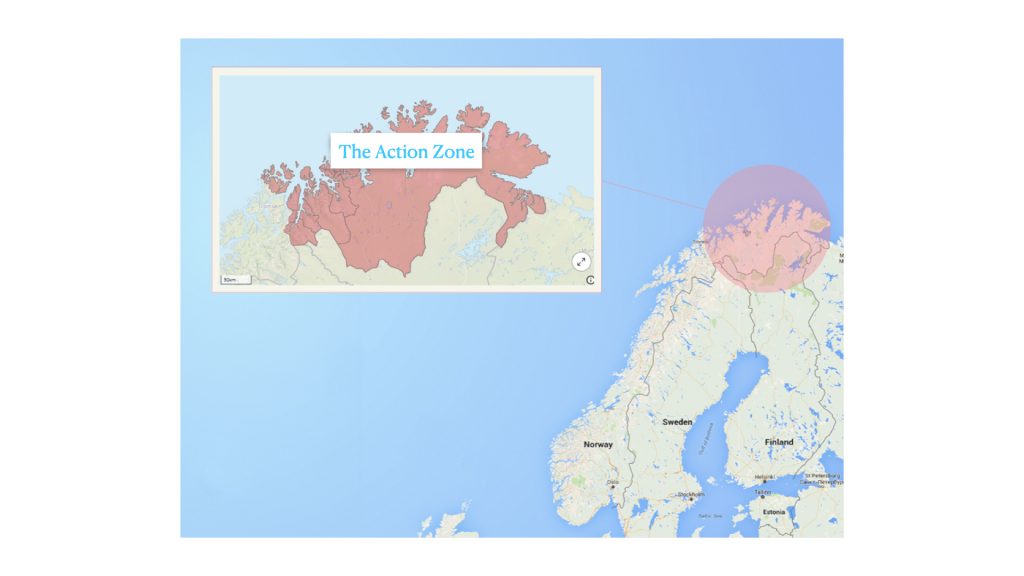
Peace and Tranquility
“Living in this remote yet beautiful region of Norway offers a particular sense of peace and tranquility, which allows for a different concept of time”, Pedersen is quoted in the inquiry forwarded to the EU Commission. She adds: “The people here truly appreciate and value the additional time in their day, enabling us to pursue personal goals and dreams while also contributing to the UN’s sustainability goals and combating climate change.”
Through the “MOREtime” project, our communities, on the apex of the world, aim to celebrate and promote their unique way of life, offering individuals the opportunity to enjoy more quality time engaging in activities such as fishing, hunting, learning new languages, or simply being with loved ones.
Attracting Young People
By having its own certified time zone within the EU, the region hopes to attract more young people, not only from Norway but also from around the world, to discover and settle in this adventurous area. This is crucial not only from a geopolitical perspective but also in terms of national resilience, and environmental considerations.
It is the EU Commission that is responsible for time measurement and relevant technology, determining the standard times for all countries in the EEA area, including Norway. This responsibility is carried out through directives such as the summertime scheme. “Therefore, we are directly reaching out to the Commission to address this urgent challenge in the uppermost northern part of Norway”, adds Wenche Pedersen.
In conclusion, the municipality, with reference to the EEA agreement, kindly ask the European Commission to confirm, through a new directive, that the Norwegian authorities have the approval to create a separate time zone for the Arctic part of the country, extending the day to 26 hours instead of the standard 24.
